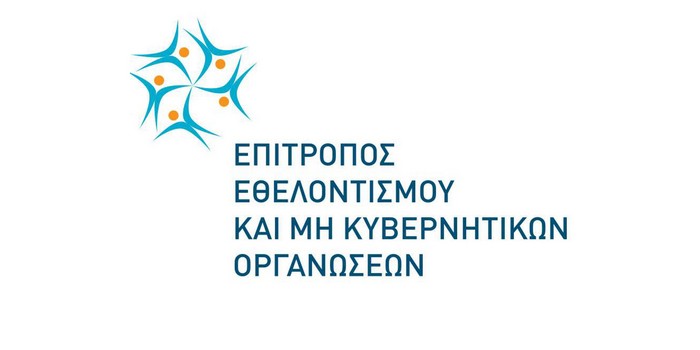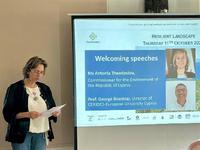Press Releases

10-10-2020 10:58
Announcement by the Office of the Commissioner for Volunteerism and Non-Governmental Organizations on European Day of Organ Donation and Transplantation
At the initiative of the Council of Europe, the European Day of Organ Donation and Transplantation is celebrated annually on the second Saturday in October. The Day was established to pay tribute to organ donors and their families, as well as show gratitude to the health professionals who specialize in transplants, who work hard to save or improve the lives of many of our fellow human beings. Also, on the occasion of this Day, a public debate is held on the issue and the competent bodies are called to consider the importance of this saving treatment.
The first European Day of Organ Donation and Transplantation was celebrated in Geneva in 1996. Since 1998, the Council of Europe has been organizing events every year in a different country. This year, due to the pandemic, the celebrations will only be online.
It is worth mentioning that in Europe, every year, an average of 41,000 organ transplants are performed, while 48,000 new patients are added to the waiting lists. This clearly shows that there is a shortage of available organs. At the moment, in the European Union, more than 70,000 people are in need of transplants and unfortunately, every day 14 patients die while waiting. This year, due to COVID-19, organ donation and transplant programs around the world have also been affected. This will inevitably lead to an increase in the number of patients waiting for a transplant.
At the Office of The Commissioner for Volunteerism and Non-Governmental Organizations we understand the importance of transplants, but also the need to cultivate a culture of organ and tissue donation in our country, which is an act of humanity and altruism. It is noteworthy that each donor can save up to eight lives through organ transplantation, and through tissue donation to save or improve the lives of up to 100 people. That is why it is necessary for all stakeholders, such as Civil Society, Voluntary and Non-Governmental Organizations and the State, to encourage our fellow human beings to become donors. At the same time, we must publicly express our gratitude to health professionals, organ donors and their families for the invaluable gift of life they offer. Organ donation is a supreme example of social awareness and is an act that really changes people's lives.
IK/SCH
Relevant Press Releases







